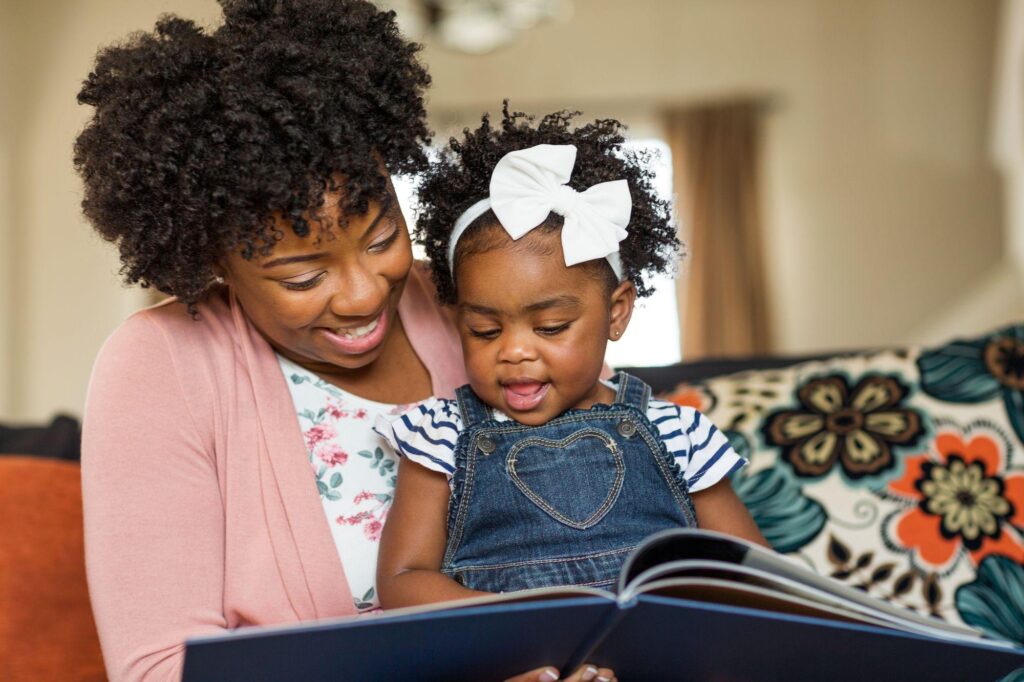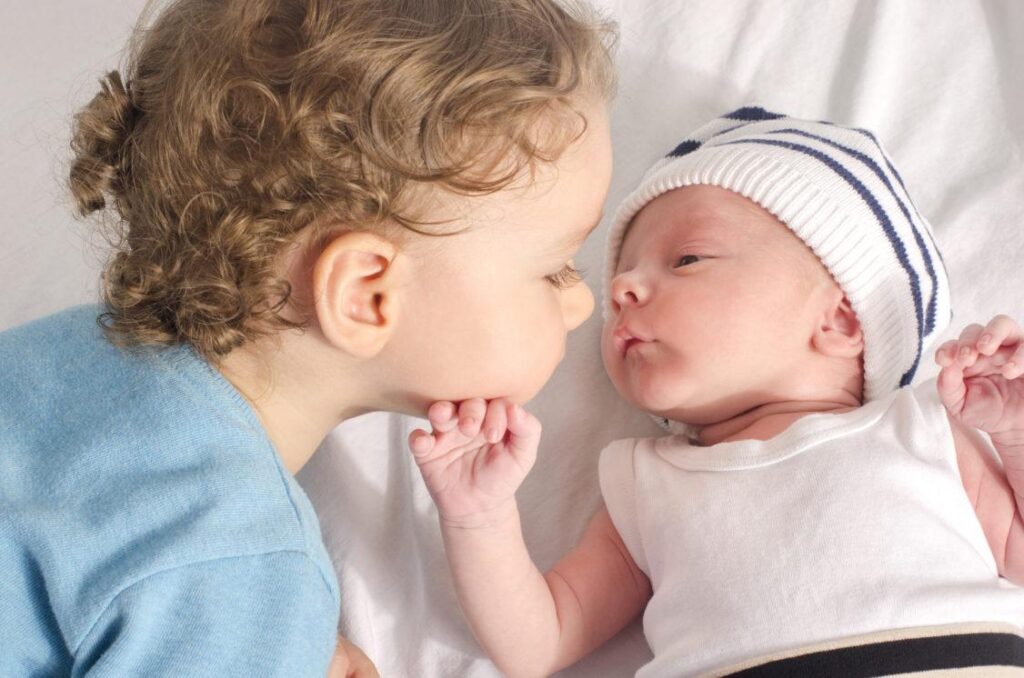Starting preschool is an exciting milestone for both toddlers and parents. It marks the beginning of your little one’s journey into learning, socializing, and growing in new environments. However, this transition can also be challenging, as toddlers may face new routines, unfamiliar faces, and separation from their parents. Preparing your toddler for preschool in advance can make this transition smoother, setting the stage for a positive and enriching experience. Here are some practical tips to help you prepare your toddler for preschool.
- Talk About Preschool Positively
Start talking about preschool well before the first day. Use simple, positive language to explain what preschool is, what your toddler will do there, and how much fun it will be. Describe preschool as a place where they will play, make friends, and learn new things. By setting a positive tone, you can help your child feel more excited and less anxious about this big change.
Example: “You’ll get to play with toys, sing songs, and make new friends at preschool! It will be so much fun.”
- Establish a Routine Early
One of the biggest adjustments for toddlers starting preschool is getting used to a new schedule. Begin establishing a routine that mirrors the preschool day at least a few weeks before school starts. This might include setting regular wake-up times, consistent meal times, and a predictable bedtime. Creating a routine will help your child feel more comfortable and prepared when they start preschool, as they will know what to expect each day.
- Practice Separation
If your toddler hasn’t spent much time away from you, practicing separation can help ease their anxiety. Start with short periods of separation, such as leaving your child with a trusted family member or a babysitter. Gradually increase the duration so your toddler gets used to the idea that you’ll come back after being away. Saying goodbye confidently and avoiding prolonged goodbyes will reassure your child that separations are temporary.
Tip: Create a goodbye ritual, like a hug or a special phrase, to make parting easier.
- Encourage Social Play
Preschool is a place where toddlers will interact with other children, so it’s helpful to encourage social play in advance. Arrange playdates with other children, visit playgrounds, or attend group activities where your child can learn to share, take turns, and play cooperatively. These social experiences will help your toddler feel more confident in interacting with peers when they start preschool.
- Visit the Preschool Together
If possible, take your child to visit the preschool before their first day. Meeting their teacher, seeing the classroom, and exploring the playground can make the environment feel more familiar and less intimidating. Some preschools also offer orientation days or open houses, where children can experience a typical preschool setting before the term begins. Use these opportunities to help your child get comfortable with their new surroundings.
- Read Books About Preschool
Reading books about preschool is a great way to introduce the idea to your toddler in a fun and relatable way. Choose picture books that feature characters starting preschool and talk about their experiences, emotions, and activities. This helps your toddler understand what preschool is like and gives them a chance to ask questions about what they can expect.
Book Suggestions:
- “Llama Llama Misses Mama” by Anna Dewdney
- “The Night Before Preschool” by Natasha Wing
- “Maisy Goes to Preschool” by Lucy Cousins
- Practice Self-Help Skills
Encouraging your toddler to practice basic self-help skills will help them feel more independent and confident in preschool. These skills may include:
- Putting on their shoes: Practice putting on and taking off shoes.
- Using the bathroom: Encourage your child to use the bathroom independently if they are potty trained.
- Washing hands: Teach them to wash their hands properly before meals and after using the bathroom.
- Packing their backpack: Practice packing and unpacking their backpack to get them used to taking care of their belongings.
These skills will make your child feel more comfortable navigating daily routines at preschool.
- Create a Goodbye Routine
Having a consistent goodbye routine can help make the morning drop-off less stressful for both you and your toddler. This routine can be something simple like a special hug, a high-five, or a quick wave at the door. Consistent goodbyes help reassure your toddler that you will return later, and having a predictable ritual can make separation easier.
Tip: Stay positive and avoid prolonging goodbyes, as this can increase anxiety for both of you.
- Prepare for Emotions
It’s normal for toddlers to feel a range of emotions when starting preschool—excited, nervous, or even scared. Be prepared for some tears or reluctance, especially in the beginning. Validate your child’s feelings and let them know it’s okay to feel this way. Offer comfort and reassurance that it will get easier with time, and always remind them that you’ll be back to pick them up.
Example: “I know you’re feeling a bit nervous, and that’s okay. You’re going to have so much fun, and I’ll be back to pick you up after playtime!”
- Pack Comfort Items
Sending your toddler to preschool with a small comfort item, such as a favorite stuffed animal or a family photo, can help them feel more secure. This item can offer a sense of familiarity and comfort during the transition, especially in the first few days. Check with the preschool to see if they allow comfort items, and choose something small that your child can keep in their backpack if needed.
An insight from mamahood
Preparing your toddler for preschool is all about creating a sense of excitement, comfort, and routine. By talking about preschool positively, establishing a familiar schedule, practicing social skills, and encouraging independence, you can make the transition smoother for your child. Remember that it’s okay for your toddler to feel nervous at first—adjusting to new routines and environments takes time. With patience, love, and support, your little one will soon be on their way to enjoying all the wonderful experiences that preschool has to offer. For more support, feel free to connect with Mamahood Health Advisors via live chat or private message, or explore Mamadoc—your AI doctor offering tailored guidance just for you.








